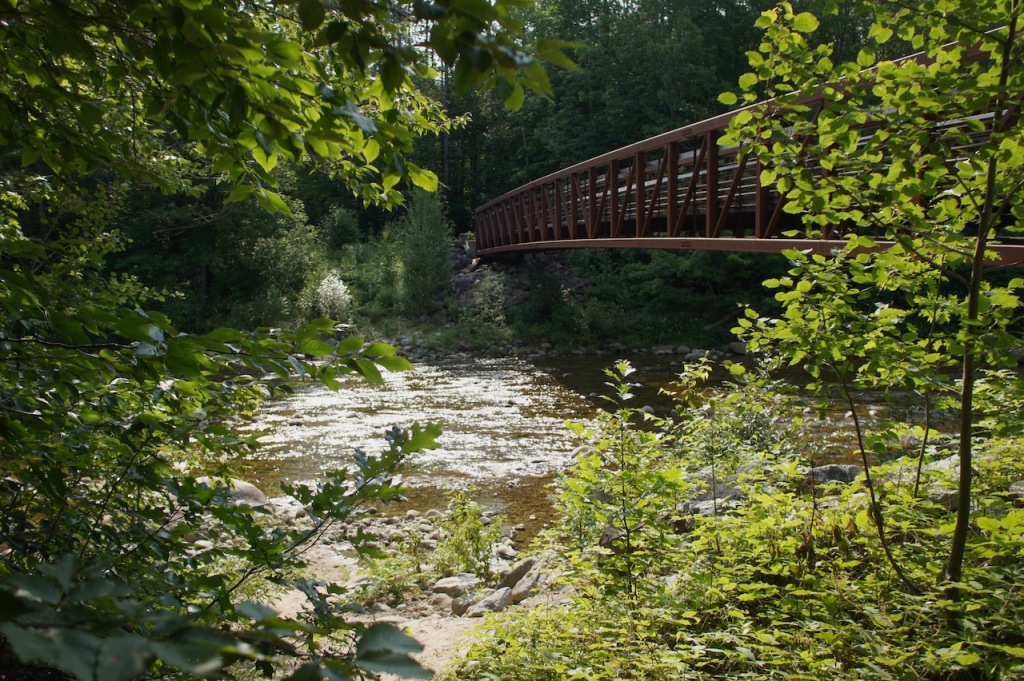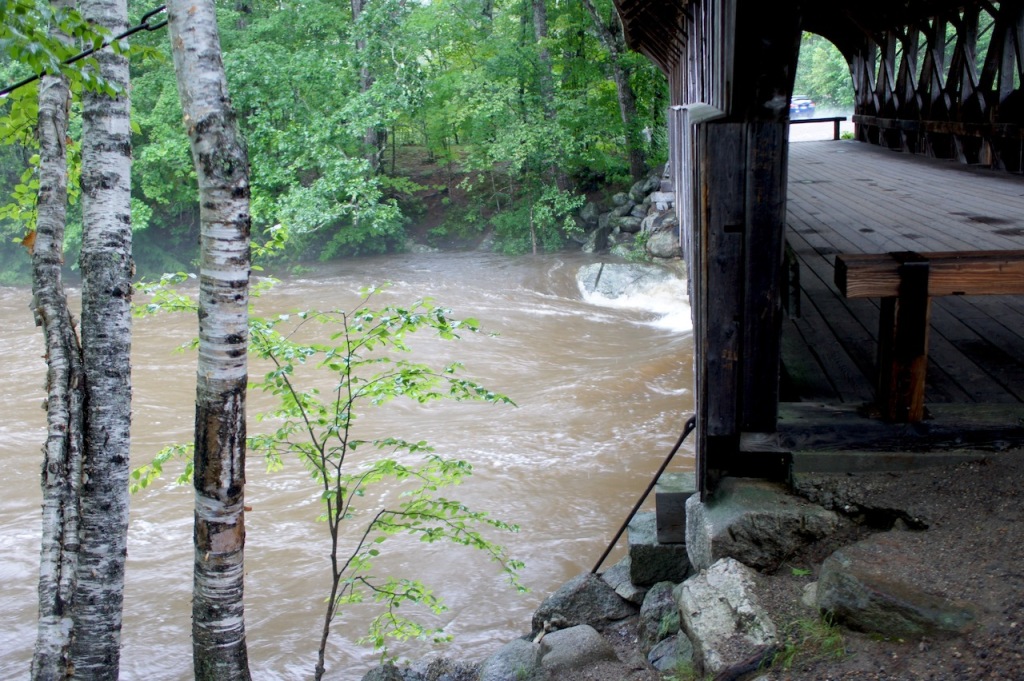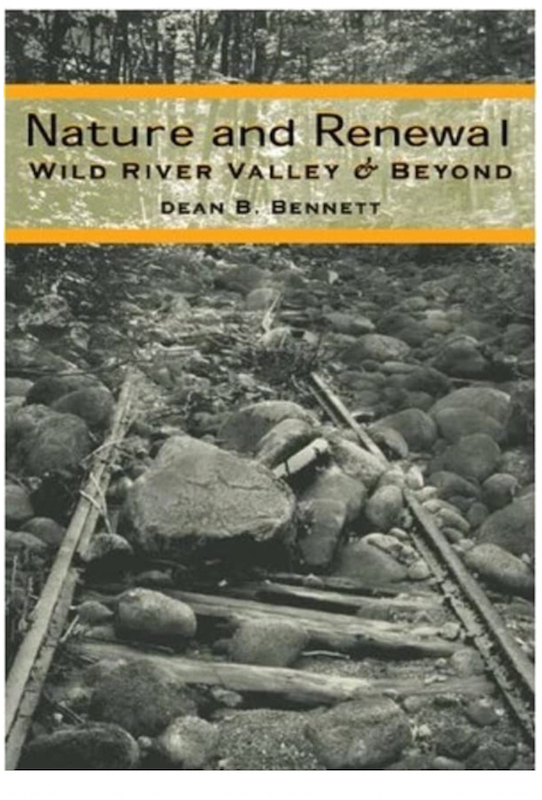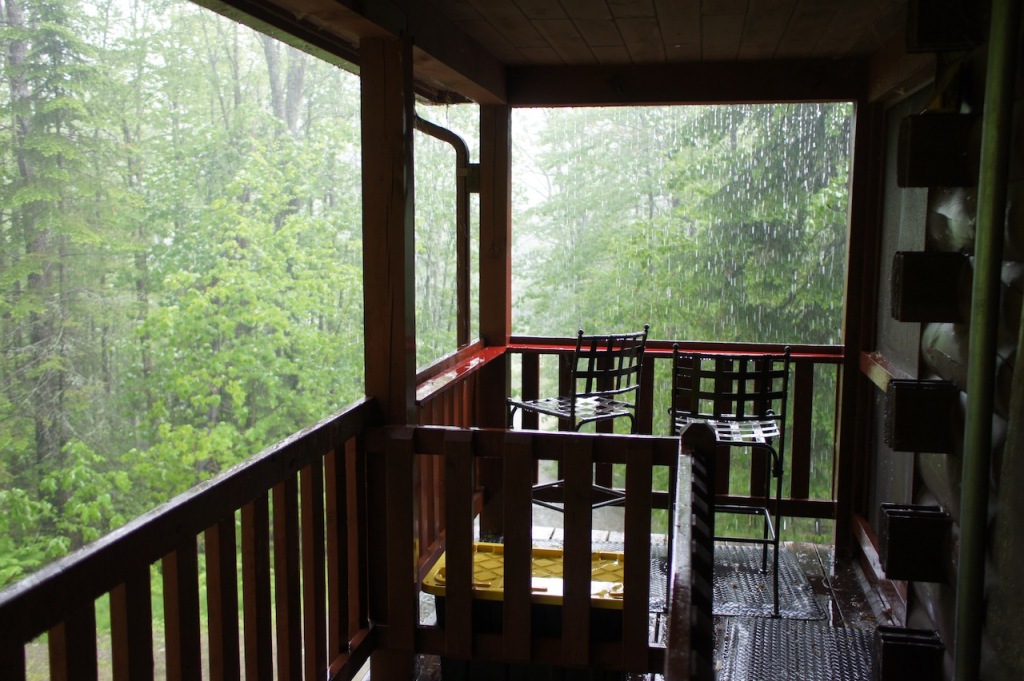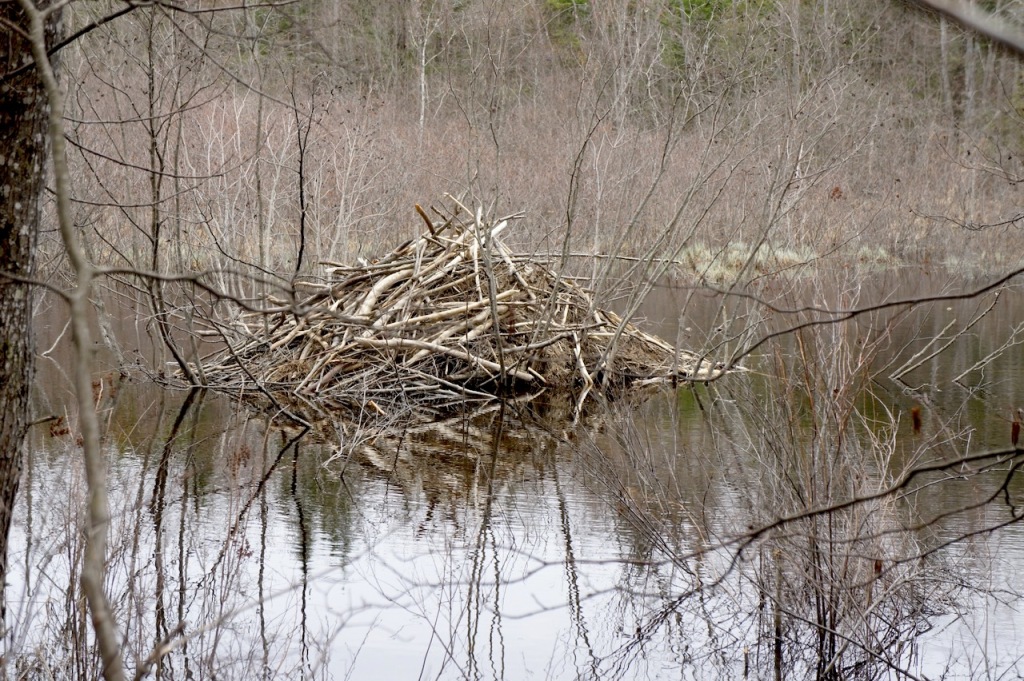
Call Santa !
Philbrook Farm Inn
Maine Humble-Brag
Grateful for R.’s salvo last night on the upcoming winter. Preparing takes him the Summer, what with splitting and stacking, carrying wood up the porch stairs in his log carrier.
But last night was the crowning touch. The night before, sleeping beneath the window, I had shivers. Yesterday he spread plastic, screwed down with lath strips to break the wind and help keep out the cold. But last night. A seasonal experiment with building and banking the fire in our woodburning stove…. And yes, it lasted the night so that coals in the morning made an easy start for the coming day. And the night was very warm, this morning’s low being 18°F, perhaps the lowest so far this season.
You’ve got to keep the combustor clean, and replace every few years.
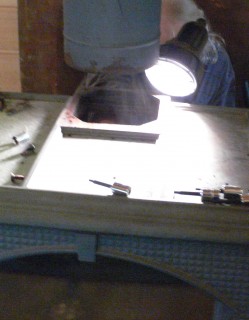


Here’s a book on winter experiences in Maine. Foreword by the great John Wilson.
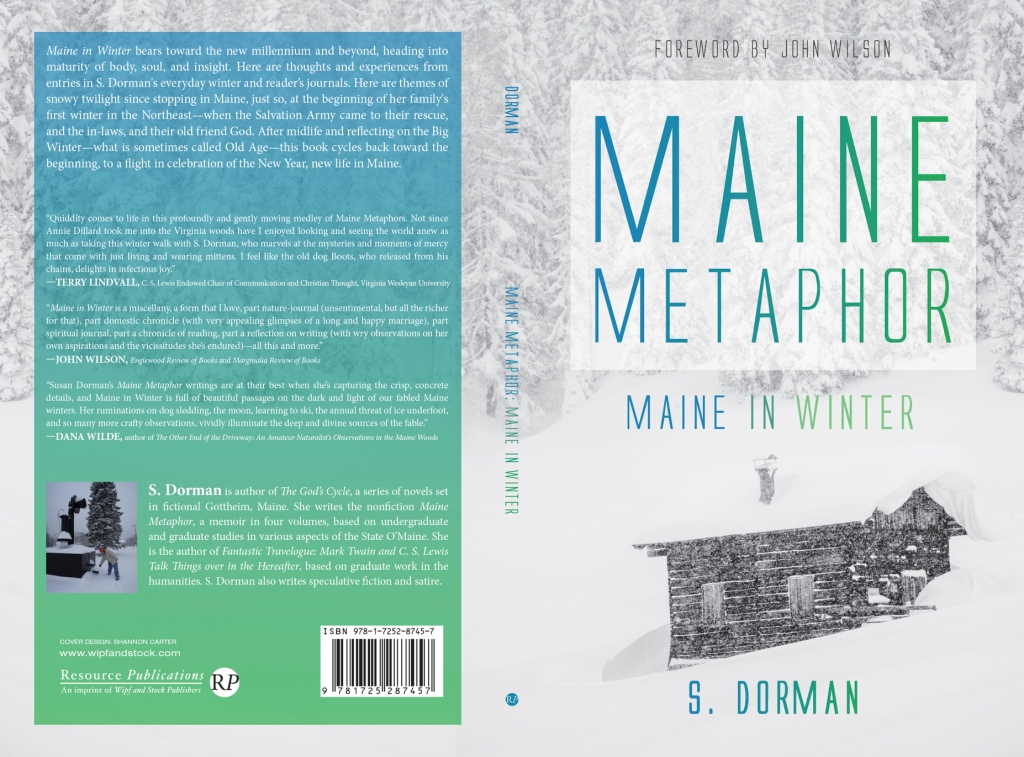
Maine Metaphor: Maine in Winter
Wild River
Sunday River deluge
Wild River Valley & Beyond
spring rain
Numbering Our Days in the Wilderness
“‘And Max stepped into his private boat, and waved goodbye and sailed back over a year and in and out of weeks and through a day and into the night of his very own room where he found his supper waiting for him and it was still hot.’”
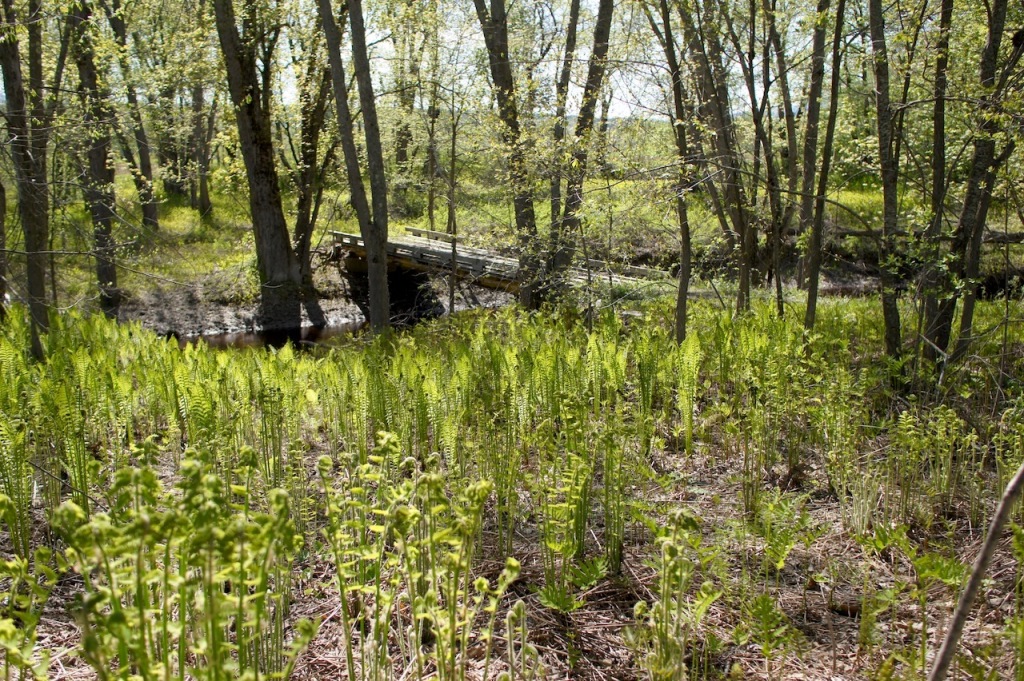
“So teach us to number our days, that we may apply our hearts unto wisdom.” Her daughter Emma O’Donnell chooses this psalm in a different translation to begin her narrative entitled Remembering the Future. The book’s subtitle is The Experience of Time in Jewish and Christian Liturgy. Picking up this book again, I began thinking of wilderness experience, and of her mother’s novel, The Vigilance of Stars, some of which takes place in the Maine wilderness. I’d begun reading it with memories of Dr. O’Donnell’s narrative of memory and hope embodied in Time.
I’ve wanted to read these books because of both their Maine connection and a curious personal interest. I’m what is called a Maineiac, as opposed to being a Mainer. The former is one who moves to Maine (“from away,” naturally) and loves it. The Mainer is someone born here, whom one supposes embodies the older Maine way of thinking and living derived from settler ancestors. (Please do not let the urban dictionary tell you a Maineiac is a descendent of settlers or one born in the state.) Emma, also, was born elsewhere, her mother was. I do not recall actually meeting Emma but remember that, as a child, she thought well of my story “Sphere Flyer” when I read it in a writers’ get-together at the University of Maine at Farmington. Her mother, Pat O’Donnell, was my creative writing mentor there. She later told me about Emma’s encouraging response to the story. I wonder how old Emma was at the time. Was she twelve years old, for instance?



